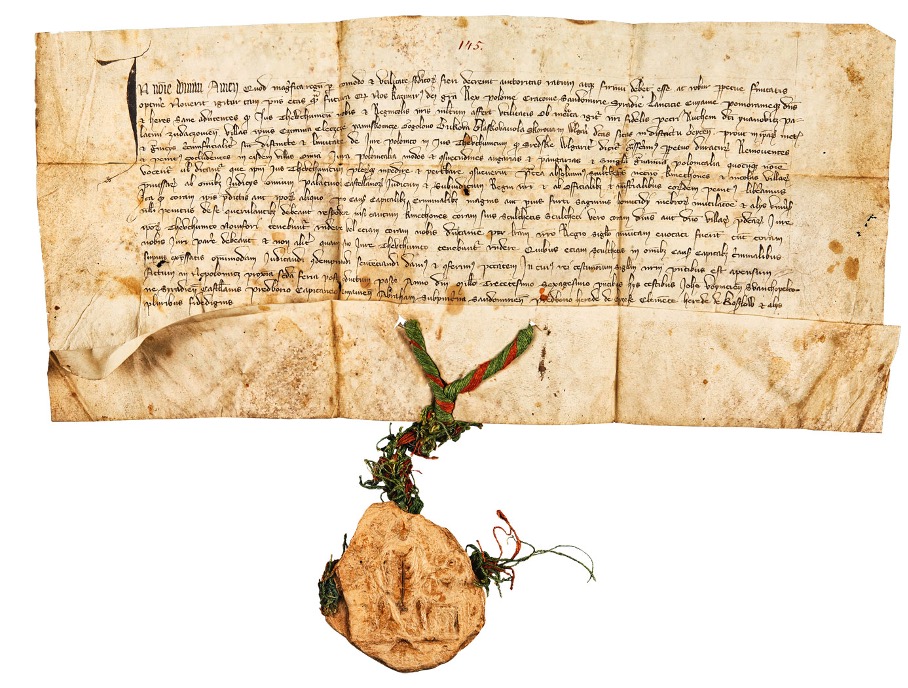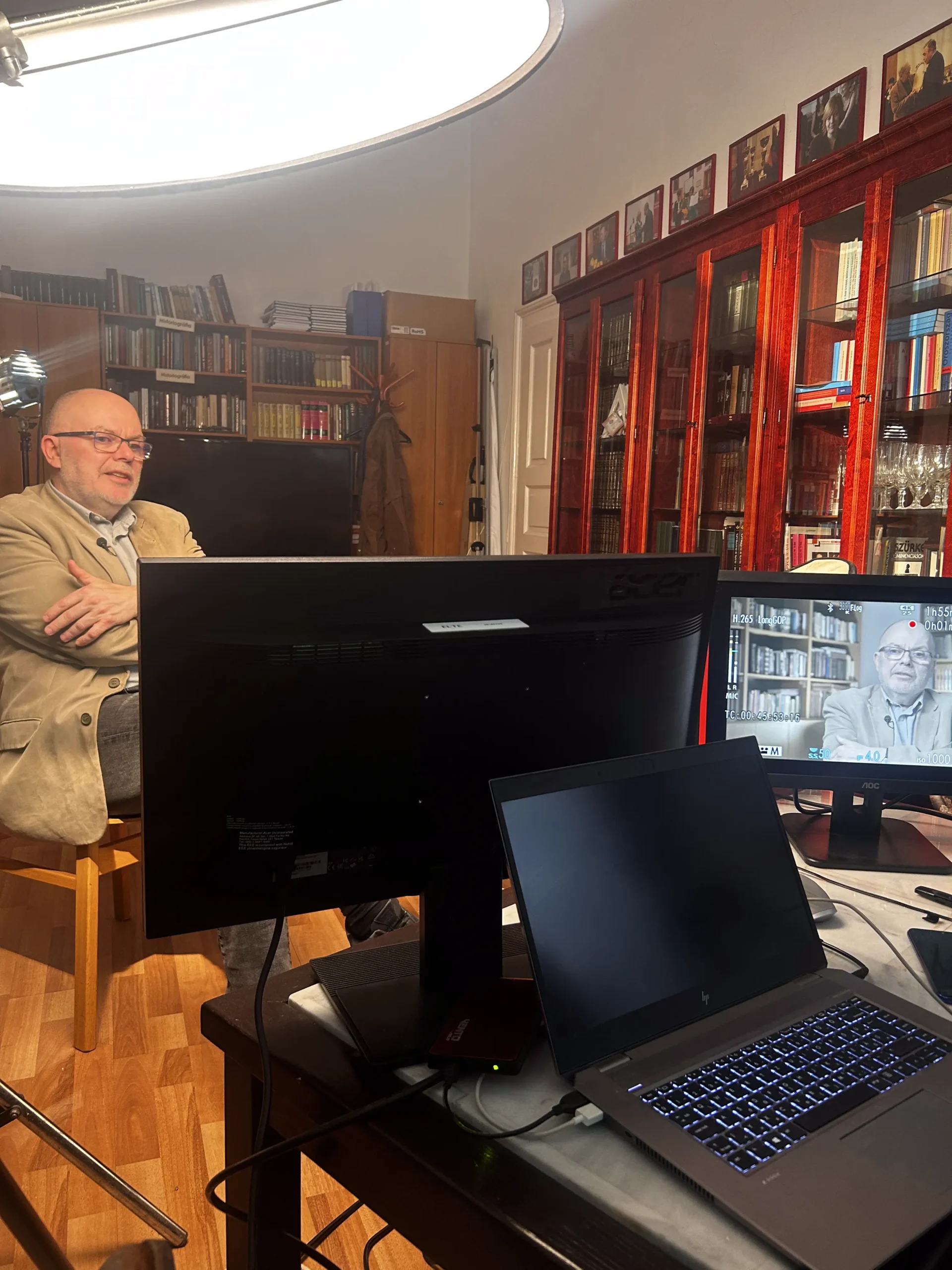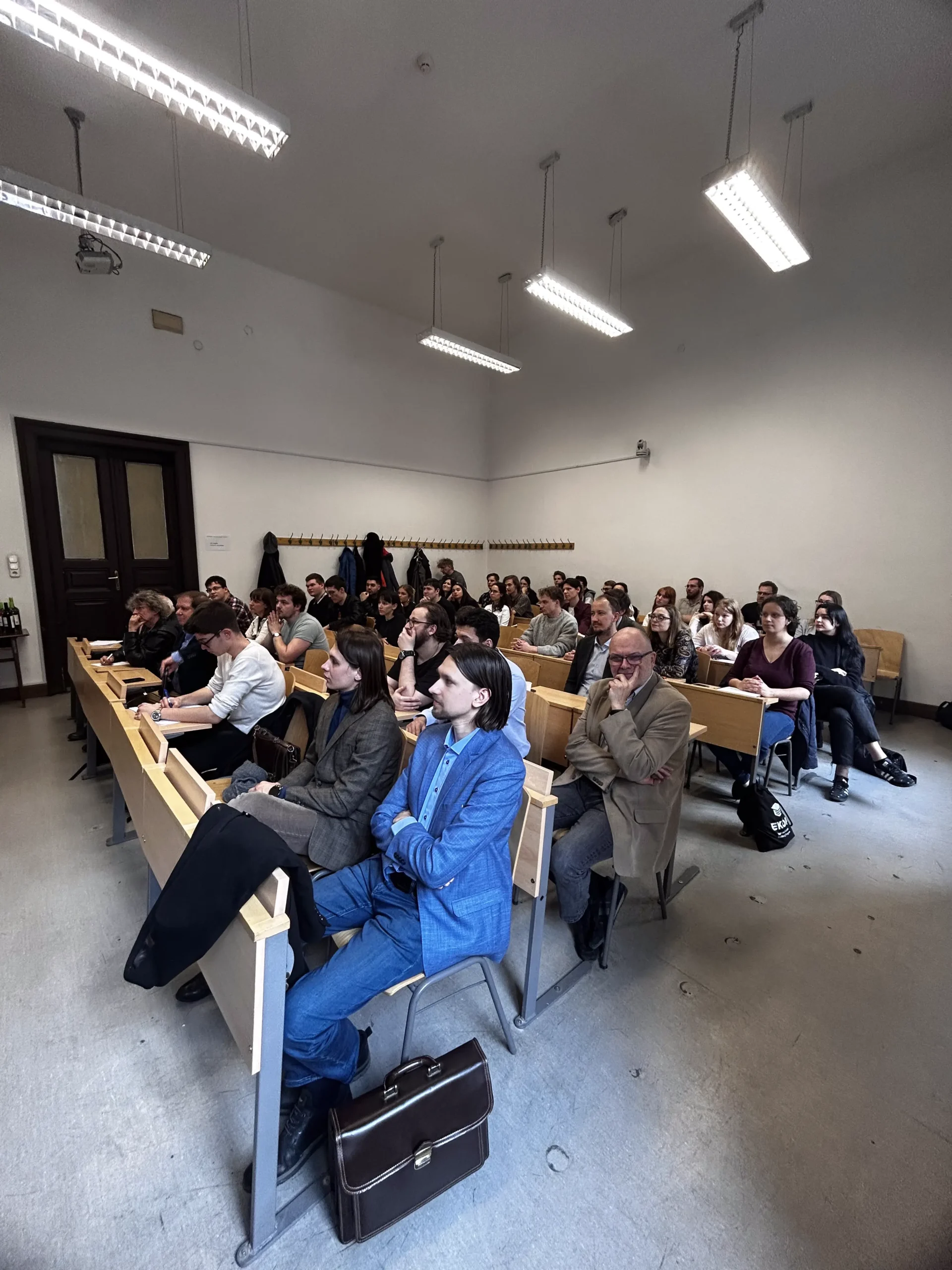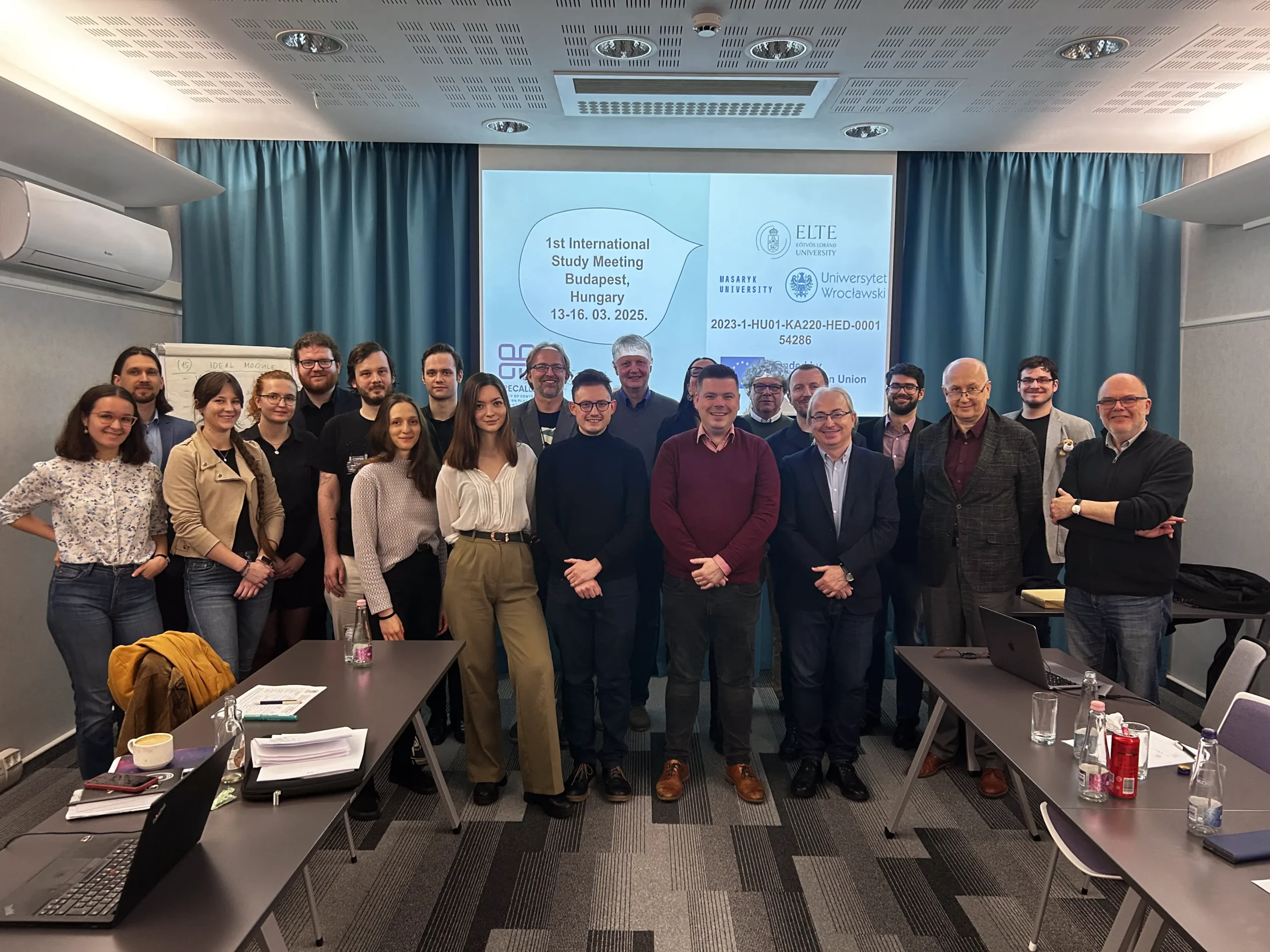Germans in Polish history – Malbork
Fact of the Polish figure „The birth of Zionism – Chibbat Syjon”
Part of the „The emancipation of minorities” topic
The Germans are a nation that has gone down in Polish History as cruel invaders and oppressors. This image in Polish historical consciousness was triggered primarily by the tragedy of World War II and the Germanization policies of the Prussian government in the 19th century.
However, the German population in earlier eras contributed much to the development of the Polish lands. In the Middle Ages, Germans participated in the founding of cities, mainly in today’s Lower Silesia, but also in Malopolska. After the war with the Teutonic Order from 1454 to 1466 and the incorporation of Gdansk Pomerania into the Kingdom of Poland, the German population constituted a major part of the population of the northern areas of the Polish-Lithuanian Commonwealth.
The influx of the German population into the Polish territories increased, of course, after the fall of the Polish-Lithuanian Commonwealth and the absorption of part of its territory by the Prussian state. The deliberate colonization policy of the times of Bismarck and Wilhelm II led to the settlement of a sizable portion of Polish lands by German settlers. After Poland regained its independence in 1918, Germans made up a significant portion of the population of western Poland (about 9%). Unfortunately, in 1939, the German population showed aid to the incoming troops of the Third Reich. At times, German residents of Polish towns and cities took up arms against the Polish government.
50 years later, after the fall of the communist dictatorship, the German minority gained symbolic representation in the Polish parliament. This happened for the first time after the first free elections in 1991. This coincided with the beginning of Polish-German dialogue in the areas of historiography and common cultural heritage, which continues to this day.





